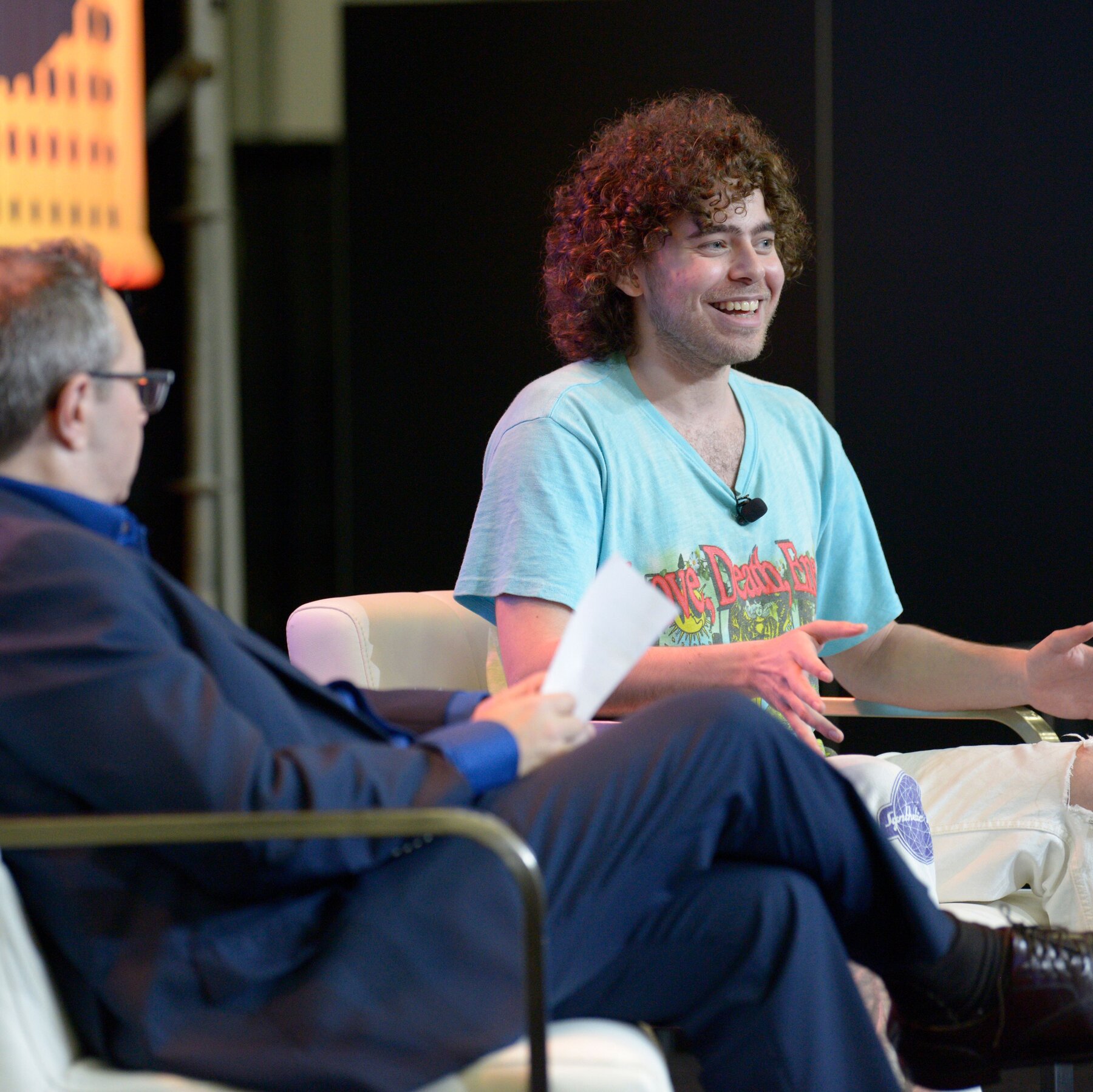It is essential to slow down the nervous system to become calm, but there can be several obstacles to self-care
At the busy hospital where I worked, we were entitled to two 15-minute breaks – morning and afternoon – and a 30-min lunch.
I skipped breaks (there’s always something to get done, right?) and I nearly always ate my lunch in front of my computer. Same story for most of my co-workers. When I talk to other helping professionals, caregivers or activists, I hear a similar pattern of overwork.
Societal: oppression can mean that many of us work twice as hard for less recognition. Plus, internalized capitalism encourages us to overwork.
Institutional: the employer gave mixed messages, communicating support for work-life balance, but rewarding overwork.
Physical: the more my sympathetic nervous system revved up, the harder it was to slow down. This made it hard for me to calmly reflect on my situation.
Skills-based: I needed to learn to set boundaries.
Belief-based: I thought it was noble to deny my own needs. I couldn’t give
myself permission to take breaks.
Trauma-based: one of my childhood adaptations to trauma is to over-function. For a long time, I felt like an imposter at my job, so I overcompensated.
Vicarious trauma: I was experiencing a lot of it at that job, which made it difficult to manage my emotions or notice my needs.
Emotions-based: overworking was a maladaptive way to cope with hard feelings such as fear, despair and helplessness that were triggered by my work and a difficult personal relationship.
Continue reading… It is essential to slow down the nervous system to become calm, but there can be several obstacles to self-careAt the busy hospital where I worked, we were entitled to two 15-minute breaks – morning and afternoon – and a 30-min lunch.I skipped breaks (there’s always something to get done, right?) and I nearly always ate my lunch in front of my computer. Same story for most of my co-workers. When I talk to other helping professionals, caregivers or activists, I hear a similar pattern of overwork.Societal: oppression can mean that many of us work twice as hard for less recognition. Plus, internalized capitalism encourages us to overwork.Institutional: the employer gave mixed messages, communicating support for work-life balance, but rewarding overwork.Physical: the more my sympathetic nervous system revved up, the harder it was to slow down. This made it hard for me to calmly reflect on my situation.Skills-based: I needed to learn to set boundaries.Belief-based: I thought it was noble to deny my own needs. I couldn’t give
myself permission to take breaks.Trauma-based: one of my childhood adaptations to trauma is to over-function. For a long time, I felt like an imposter at my job, so I overcompensated.Vicarious trauma: I was experiencing a lot of it at that job, which made it difficult to manage my emotions or notice my needs.Emotions-based: overworking was a maladaptive way to cope with hard feelings such as fear, despair and helplessness that were triggered by my work and a difficult personal relationship. Continue reading… Well actually, Work-life balance, Workers’ rights










